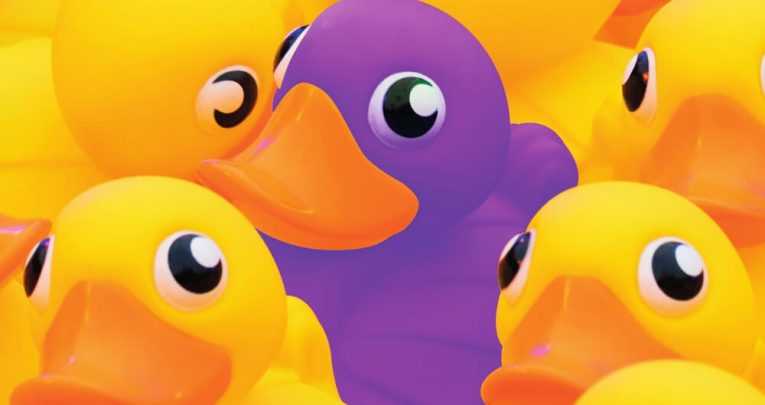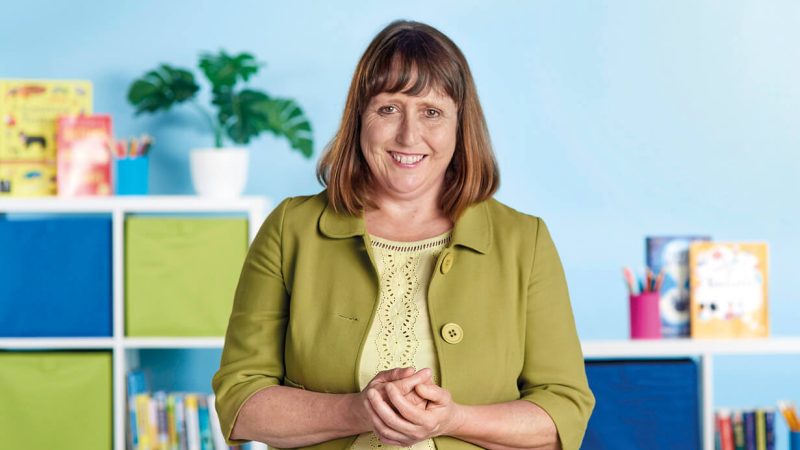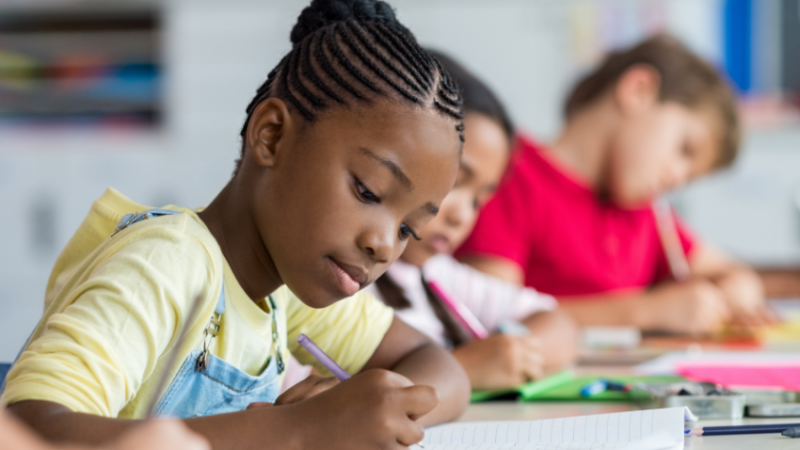Remote learning – Why making it personal is key to making it work

Though students may at times be physically remote, we must make sure we don’t lose sight of individual children’s learning and progress, says Vanessa Leach…

There is no simple, one-size-fits-all approach to helping young people catch up on the learning they have missed during the pandemic.
Each student will have specific gaps in their knowledge and understanding and will require different approaches to help ensure they do not fall behind even further. A personalised approach is the only way to ensure no student falls through the cracks or is left struggling.
It is often the case that students do not have access to adequate digital devices for online learning and sometimes, there may be family pressures that make it difficult to learn from home effectively. Therefore, it is important to make any key catch-up activities available on the school site, whether during, before, or after school.
Of course, teachers have a heavy workload and there are already so many demands on their time. Utilising digital support, whether this is free online resources, or specialised tutoring through the government’s National Tutoring Programme, is a practical and effective solution. However, it is vital such methods can be personalised to suit a student’s individual needs and that progress can be tracked against meaningful learning objectives.
Unfortunately, further disruption from COVID-19 is inevitable over the course of the year, which means more remote learning for many students across the country. This could result in further attainment gaps and disparity between young people. Although there is no cut-and-dried solution, there are measures that can be taken to safeguard young people from significant learning losses.
The first and most important thing is ensuring students have access to key learning materials. This might be print out resources, or digital devices which enable them to access online learning.
However, while access to the proper learning provisions are vital, this will not necessarily guarantee that students are keeping on top of their studies. As such, it is important to offer young people a regular check in, where they can talk through what they are struggling with or discuss their progression.
This will help teachers pinpoint where their students’ learning might need extra support, and offers a chance to not only give them targeted advice, but also provide an insight into where the gaps in their education might lie when they return to school.
Secondly, it’s important to prepare students ahead of remote learning. Hold a class where you talk through the struggles they faced whilst undertaking remote learning the first time around and discuss different strategies together that can help them overcome this. This might be about how to structure their day so it is more manageable, shorter days and smaller lessons and taking more breaks.
Additionally, schools can discuss the importance of mental wellbeing during this time and suggest useful tactics such as breathing exercises, short yoga practises or encouraging students to get outside the house more. Ultimately, if students are equipped with ways to look after their mental health, their learning will benefit.
Finally, if possible, offering some form of online learning throughout the period of remote learning is one of the most effective ways to ensure education can continue. Online learning, where attendance and progression is monitored, enables teachers to keep track and make sure students are accessing a certain number of hours of learning daily, helping to maintain a standard of education throughout the period of remote learning.
The pandemic has caused incredible disruption for so many young people, and this has been especially devastating for the most disadvantaged children in our society. With many still struggling to catch up, we are potentially facing even more upheaval over the next few months. It is vital that we all work together to make sure young people do not miss out on the futures they dreamed of because of this pandemic.
There is no single solution to ensure achievement in this pandemic; however, talking to young people and providing personalised instruction and learning plans is key to beginning this process of closing the attainment gap.
Vanessa Leach is managing director of Tute, which has been selected as an official Tuition Partner in the government’s National Tutoring Programme (NTP). Tute’s qualified teachers work with schools to plan targeted learning programmes for groups of three students; for more information, visit tute.com or follow @TuteEducation.












